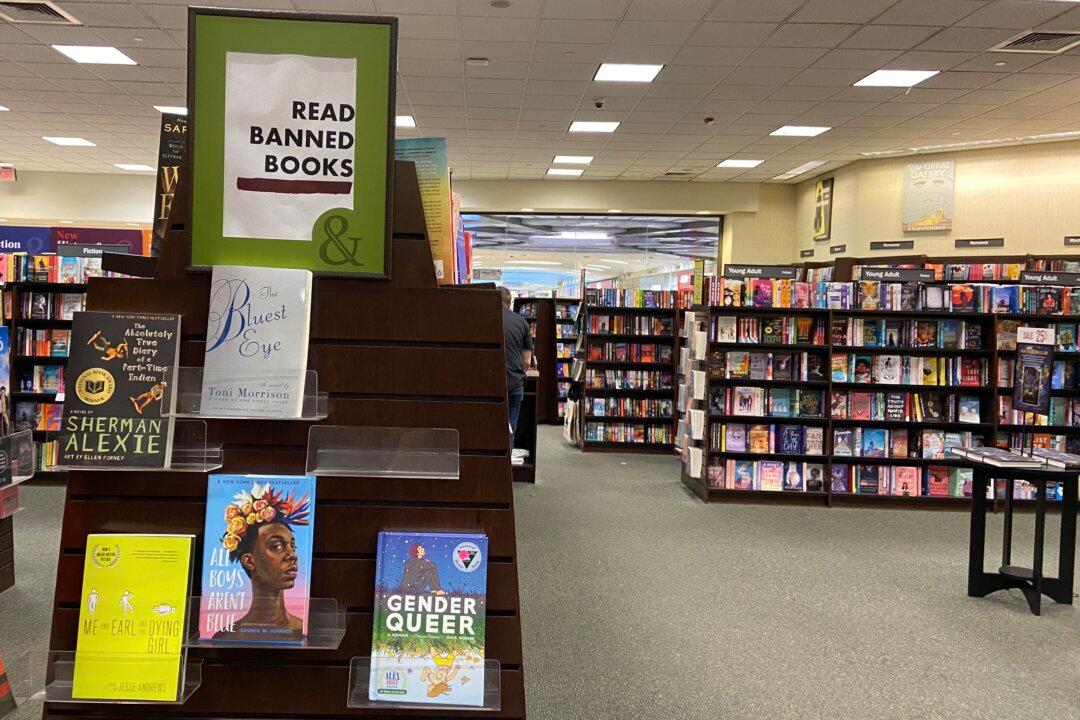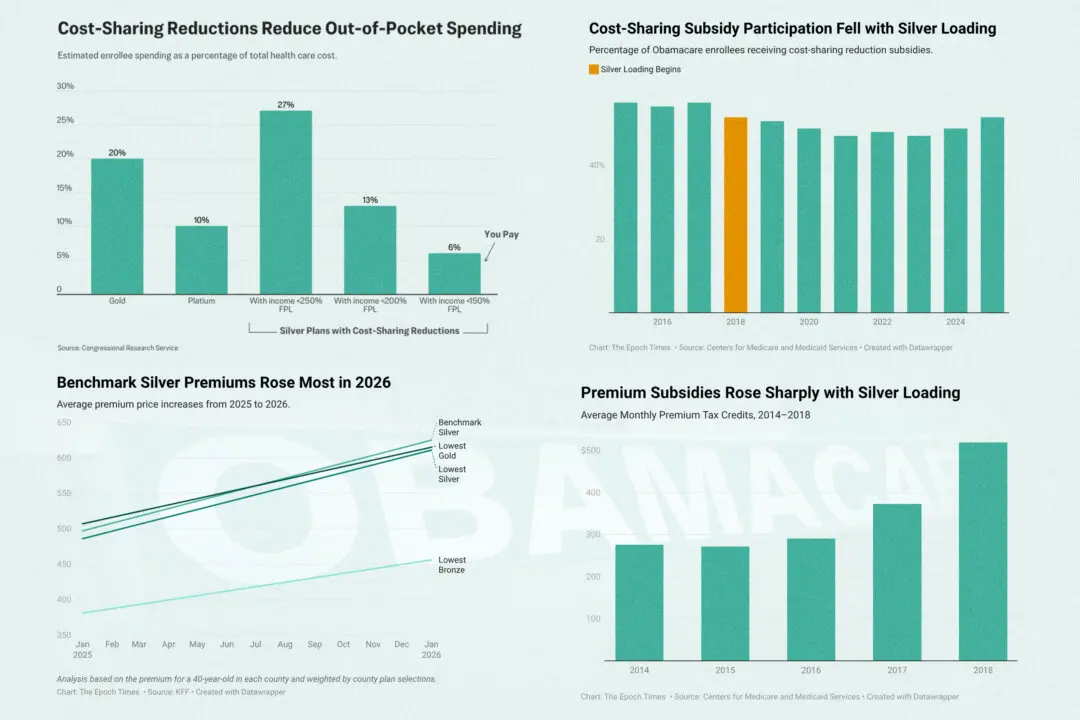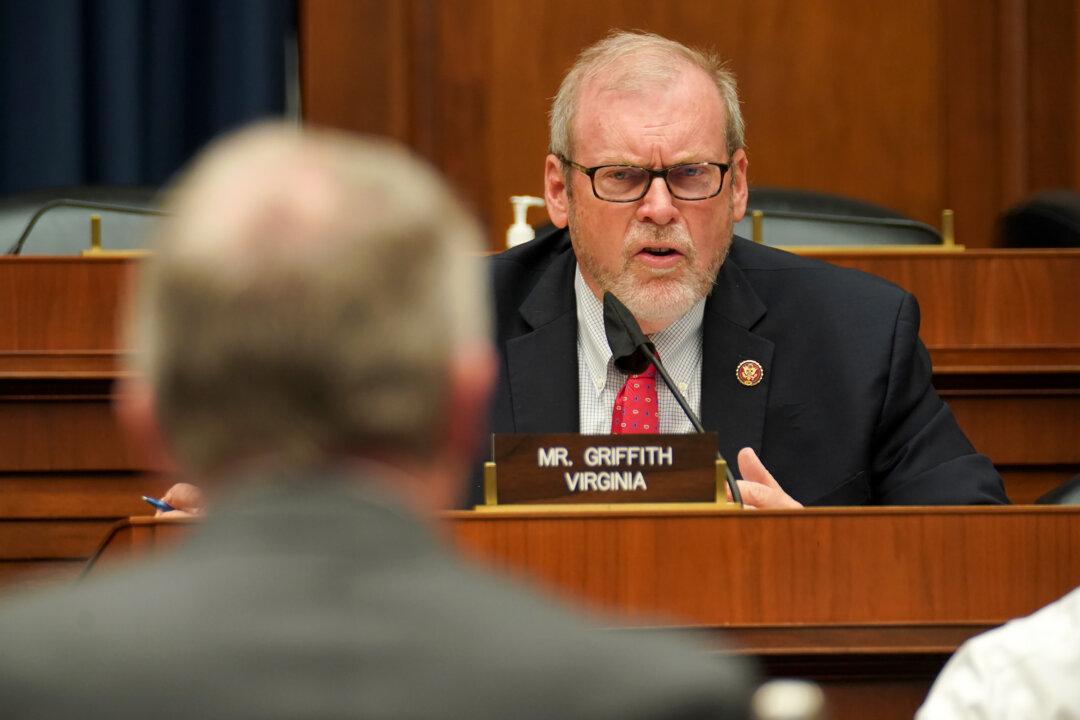On a brisk mid-October evening, the public school board of Spring Lake, Michigan, convened in the intermediate school library. The meeting was called to order, the Pledge of Allegiance recited, the auditor’s report presented.
None of this accounted for the standing-room-only crowd of parents, educators, and citizens drawn from this town of 2,500 people, or the television news cameras that were trained on them.





